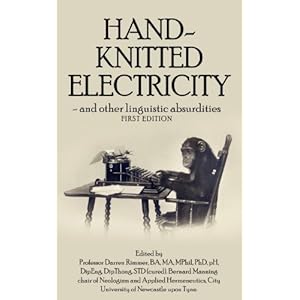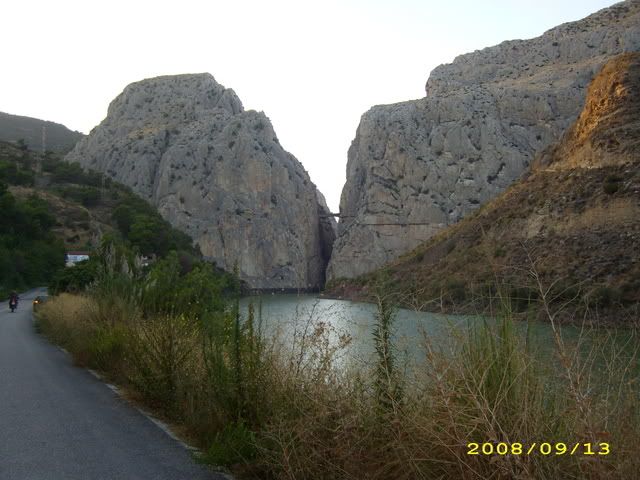Everybody's doing it. Or so it would seem.
In case you haven't heard - in which case you should come out of that sensory deprivation chamber NOW and get with the programme - there's been a lot of rumpus this week about authors faking rave reviews by creating sock puppet accounts. Go and Google sock puppet if you want all the sordid details, I can't be bothered trawling through the multitude of news items. Not only that but SP guru and Kindle pin-up boy John Locke admitted he'd achieved his jaw dropping sales by paying for five star reviews.
Well, I'm disillusioned. With each new revelation it seems the world of honest law-abiding authors and reviewers is nothing more than an illusion. And I can't help wondering how long this has been going on. Did the doyens of literature stoop to such disreputable tactics to launch their masterpieces?
Amazon review of: Oliver Twist by Norbert Cheeseworthy
This is the best of books. It's not the worst of books. Were I a younger man I'd aspire to write such a tome myself.
Was this review helpful to you? YES/NO 78 out of 98 people found this review helpful.
Amazon review of: Genesis by Old Testament Scribe
And lo! I looked upon the face of the book and saw that it was good. Certainly worthy of five stars.
Was this review helpful to you? YES/NO 8965 out of 98888 people found this review helpful
Amazon review of Emma by Regency Fop
It is a truth universally acknowledged that a discerning reader should shell out a good part of his fortune to gain possession of this book.
Was this review helpful to you? YES/NO 76 out of 82 people found this review helpful
 Just a short post today announcing the publication of Hand Knitted Electricity which I had a hand in.
Just a short post today announcing the publication of Hand Knitted Electricity which I had a hand in.


















